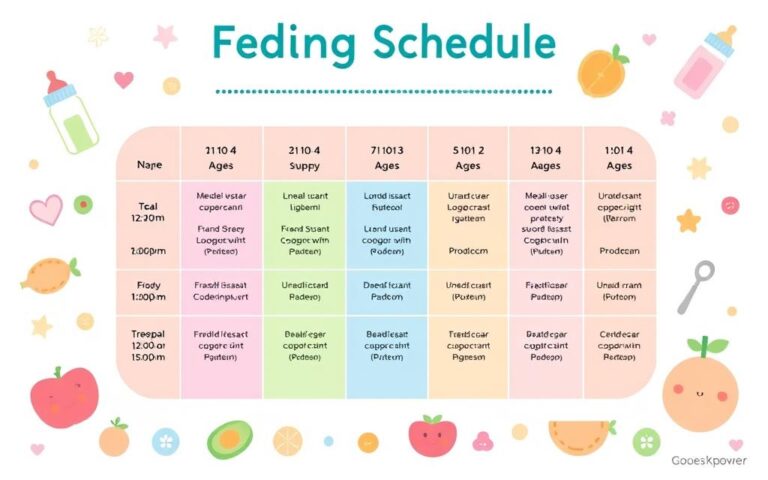What to do if my child refuses to eat any meat?

If your child refuses to eat meat, it’s important to know that they can still maintain a healthy and balanced diet. Meat is rich in essential nutrients like iron, zinc, B vitamins, and protein, but not all children enjoy its taste or texture. Fortunately, there are many other ways to ensure your child gets the nutrients they need from a vegetarian diet.
The Most Nutritious Meats
Many young children prefer chicken due to its softer texture, but darker meats like beef, lamb, and venison are higher in iron and provide additional nutritional benefits.
Encouraging Your Child to Eat Meat
If you’d like to encourage your child to eat meat, consider these strategies:
- Offer Softer Meats: Tender cuts like pork tenderloin are easier to chew. Slow-cooking meat in stews or casseroles also helps. Ground meats, sausages, meatballs, and burgers made from turkey or chicken mince are milder in flavor and may be more appealing to young children.
- Start with Small Portions: If your child is reluctant to eat meat, offer very small amounts alongside other foods they enjoy. Over time, they may become accustomed to the flavor and begin to eat more.
- Model Positive Eating: Children often imitate their parents. Eating together as a family and showing enthusiasm for a variety of foods, including meat, can encourage your child to try new things.
- Create a Relaxed Mealtime Atmosphere: Avoid pressuring your child to eat meat or offering rewards for finishing their meal. A calm and enjoyable mealtime setting can encourage them to be more adventurous with their food choices.
A Healthy Vegetarian Diet for Children
If your child continues to refuse meat, they can still thrive on a vegetarian diet with proper planning. Ensure they get enough of the following nutrients:
- Protein: Lentils, beans, soy products, dairy, eggs, and nuts are excellent sources. Aim for two to three servings per day.
- Iron: Dark leafy greens, whole grains, beans, and lentils are good alternatives to meat. Vitamin C-rich foods like fruits and vegetables enhance iron absorption, so include them at every meal.
- Zinc: Found in chickpeas, lentils, beans, dairy products, and eggs, zinc is important for growth and a strong immune system.
- Calcium: Dairy products, tofu, spinach, and kale are all rich in calcium, which is vital for healthy bones and teeth.
- Vitamin B12: Essential for a healthy nervous system, this vitamin is found in dairy products, eggs, yeast spreads, and fortified cereals.
- Calories: Foods like avocados, bananas, and tofu are nutrient-dense and provide the necessary energy for your child’s growth and development.
Vitamin Supplements for Preschoolers
The UK government recommends that all children take a daily vitamin supplement containing vitamins A, C, and D to ensure they meet their nutritional needs.
By following these tips and providing a well-balanced vegetarian diet, you can ensure your child remains healthy and well-nourished, even if they refuse to eat meat.





